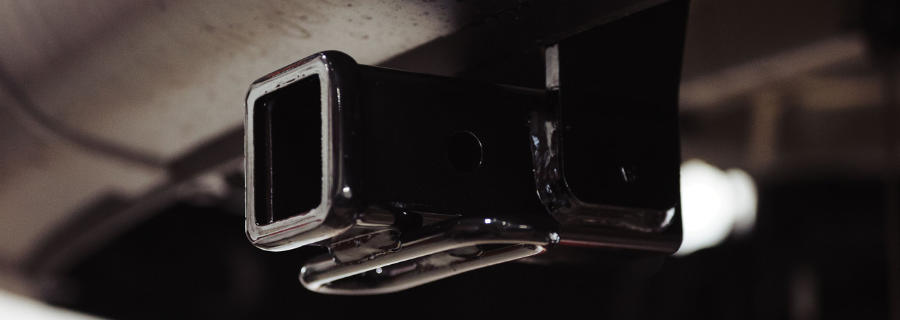
When it comes to towing, trailer safety isn’t just about strapping something to the back of your vehicle and hitting the road. It’s about making sure every nut, bolt, and connection is right — because when you’re pulling a heavy load, there’s no margin for error. I’ve seen too many DIY hitch jobs where the owner thought they were saving a few bucks, only to spend more later on repairs, fines, or worse, after a towing mishap. So let’s break down what you need to know before you buy or install a trailer hitch.
What type of trailer hitch do I need for my vehicle?
Choosing the right hitch depends on your vehicle type, towing capacity, and what you’re pulling. A Class 1 hitch might be fine for a small bike rack, while a Class 5 hitch is built for hauling a fully loaded travel trailer. Professional installers match your hitch to your exact vehicle and intended use — so you don’t end up with something underpowered or dangerously mismatched. DIY buyers often rely on online charts that don’t account for subtle factors like tongue weight or frame compatibility. With professional help, you’re getting expertise, not just hardware.
Is professional trailer hitch installation worth it?
Absolutely — and here’s why. Installing a hitch isn’t just bolting metal to metal. It can involve frame drilling, wiring for trailer lights, and ensuring the load distribution won’t damage your vehicle. I’ve seen DIY installs where the wiring was done with household connectors (yes, really), leading to brake light failures mid-trip. A proper installation ensures trailer hitch safety, compliance with regulations, and peace of mind when you’re cruising down the highway.
How does DIY hitch installation compare to a professional job in cost?
Many folks think they’re saving money with DIY, but here’s the math: tools, wiring kits, torque wrenches, drill bits, rustproof coatings, and your time all add up. Not to mention, if you buy the wrong hitch, you’re paying twice. Professionals often get better pricing on parts and include everything — even wiring — in one quote. When you factor in the risk of doing it wrong, the small up-front savings often disappear.
What safety risks should I consider before towing?
Towing isn’t forgiving. An improperly installed hitch can lead to sway, loss of braking control, or even detachment. Trailer safety tips like correct tongue weight, hitch pin security, and regular inspections are critical. Professionals know these from years of experience and training — not just from a YouTube video. If you’re hauling a camper, boat, or cargo carrier, that extra security could mean avoiding an accident.
Can I use my trailer hitch for more than just towing?
Yes! With the right accessories, you can add a bike rack for trailer hitch or a cargo carrier for trailer hitch to expand your vehicle’s capacity. But here’s the catch: not all hitches are compatible with every accessory, and load ratings still apply. An expert installer can make sure your setup is safe for everything from an adjustable trailer hitch for different loads to a dedicated bike rack for weekend rides.
What about training for trailer safety?
Even with the perfect hitch, towing safely takes skill. Trailer safety training covers proper loading, reversing, and on-road manoeuvres. Many people underestimate how differently their vehicle will handle with a load behind it. We walk customers through the basics after installation, so you leave not just equipped, but confident.
How do I choose between hitch brands and models?
That’s where a trailer hitch comparison comes in. From CURT to Reese, each brand offers different strengths, materials, and warranties. Professionals help you sort through the noise, considering your budget, your needs, and your towing frequency. We’ll also ensure you’re getting corrosion protection and rustproofing to extend your hitch’s lifespan.
The takeaway
DIY can be tempting, but when it comes to something as critical as trailer safety, the experience, tools, and guarantees from professional installation can’t be matched. You’ll spend less time, avoid costly mistakes, and gain the confidence to tow anything from a camper to a kayak without worry.
For more on our hitch services, check out:
Get Expert Hitch Advice & Installation
Your towing safety starts before you ever hook up a trailer. Let’s find the right hitch, install it the right way, and get you ready for the road — with no second-guessing. Click below to book your appointment today.
